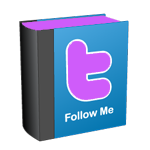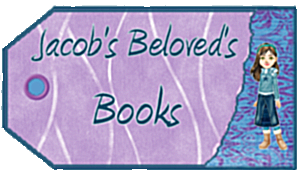This modern society that we live in suffers from a blame game of epic proportions, and when that blame game enters into the world of books, censorship ala Fahrenheit 451
I found this great article on LibraryJournal.com that addresses the concept of intellectual freedom in libraries. The article coins the term "Liberation Bibliography" and I like it! As the article describes, "Liberation bibliography rests on the idea that the role of libraries is not just to provide access to information but to provide access that is liberating. And to be liberating, information at some level must be free, whether it wants to be or not." The existence of libraries depends upon the human right of intellectual freedom, which is defined in Article 19 of the Universal Declaration of Human Rights that states: "Everyone has the right to freedom of opinion and expression; this right includes freedom to hold opinions without interference and to seek, receive and impart information and ideas through any media and regardless of frontiers." As soon as that right gets taken away, then a domino effect ensues, trampling the easy, free access of information and taking with it the importance of libraries and even the World Wide Web.
The motivations for banning or challenging books have fallen under the headings of political, religious, or moral. I find it sad the number of classics that are still being challenged and even banned in some communities today, great works such as To Kill a Mockingbird (Harper Perennial Modern Classics)
"...There is more than one way to burn a book. And the world is full of people running about with lit matches. Every minority, be it Baptist/Unitarian, Irish/Italian/Octogenarian/Zan Buddhist, Zionist/Seventh-day Adventist, Women's Lib/ Republican, Mattachine/FourSquareGospel feels it has the will, the right, the duty to douse the kerosene, light the fuse. Every dimwit editor who sees himself as the source of all dreary blanc-mange plain porridge unleavened literature, licks his guillotine and eyes the neck of any author who dares to speak above a whisper or write above a nursery rhyme...." -Ray Bradbury

























0 comments:
Post a Comment